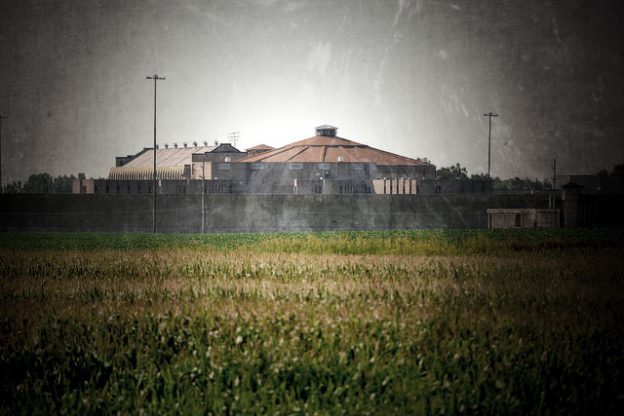From truthout, by Brian Dolinar
During the month of April, at least 100 of those incarcerated at Stateville Correctional Center, about an hour outside of Chicago, Illinois, participated in a boycott of the overpriced phone calls, commissary goods and vending machines. “Mass incarceration is a luxury business,” stated Patrick Pursley, one of the men who joined in the boycott.
The boycott comes at a time of growing demonstrations led by those inside US prisons. The most successful in recent memory was a series of hunger strikes at California’s Pelican Bay State Prison, organized by those protesting solitary confinement in the security housing unit (SHU), beginning with one in 2011, and another in 2013 that spread across the state involving 30,000 people inside 24 different prisons, including women in the Central California Women’s Facility. The largest hunger strike in the history of the US, it lasted for two months and was only suspended when a judge agreed to force-feed those who remained on strike.
Since then, there appears to be an uptick in actions on the other side of the walls. In early June, at least seven people in Waupun Correctional Institution, located in central Wisconsin, organized a hunger strike to protest the conditions of solitary confinement and lack of resources for those with mental health issues.
In Alabama, a series of work stoppages were recently coordinated to protest overcrowding, poor conditions and unpaid prison labor, what those involved say amounts to slavery. The Free Alabama Movement held a 10-day strike beginning May 1, 2016. A national work stoppage has been called for September 9, and a statement released proclaims, “We will not only demand the end to prison slavery, we will end it ourselves by ceasing to be slaves.” Continue reading →

